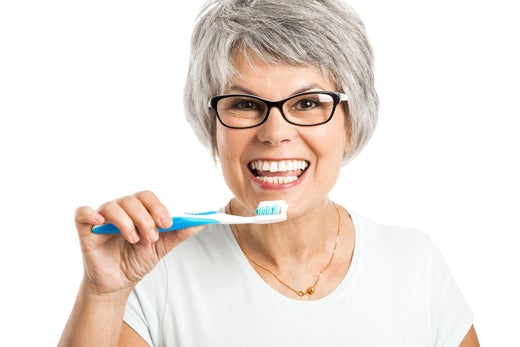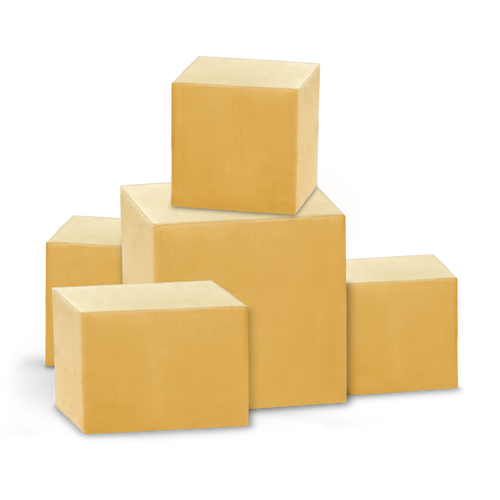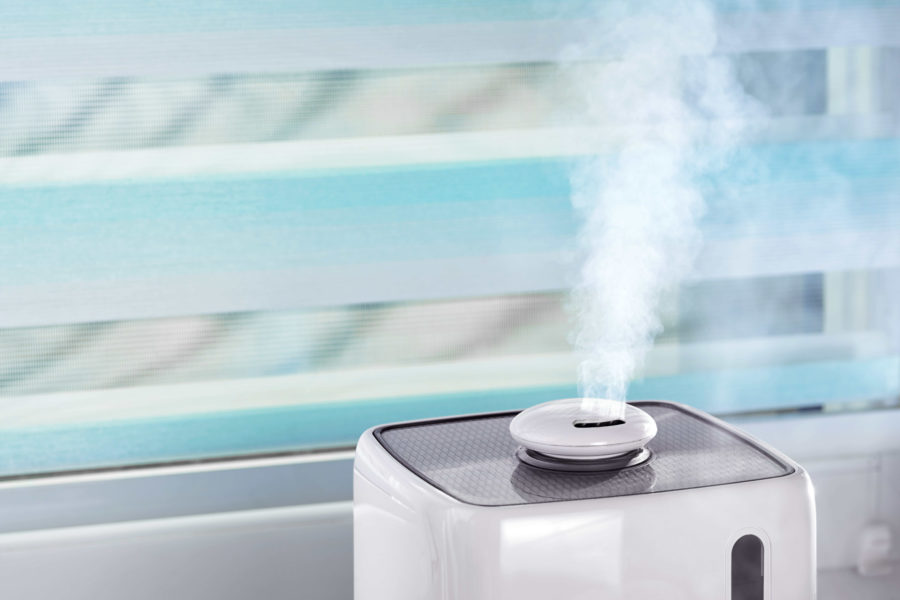More dental issues, such as gum disease, dry mouth, and root decay, can occur when you get older. Dental diseases are directly linked to other health issues, like heart disease, respiratory infections, and even mental health problems, so older people should practice excellent oral health.
What happens to our teeth as we become older?
During the process of aging, you might encounter oral conditions that were not present in your younger years. Because of this, oral health for older adults cannot be understated. Problems are quickly identified, treated, or even avoided if you know where and how to look.
- Dry Mouth: Do not worry. Getting older does not necessarily cause dry mouth. However, certain aspects of aging, such as regular medication use or a chronic condition, can increase your chance of experiencing dry mouth and cavities or decay. Your dentist can provide recommendations on how to preserve moisture in the mouth and appropriate treatments or medications to reduce the probability of long-term problems in this area.
- Attrition: This is also known as wear and tear, as many years of chewing and grinding can affect the teeth’ aging set. The risk for cavities increases as the enamel wears down.
- Disease: This includes cancers of the mouth and less severe diseases like thrush, a fungal infection that grows abnormally in the mouth.
- Gum Disease: Gum disease or periodontal disease is one of the adults’ most important causes of tooth loss. When you suspect you are suffering from gum disease, please make an appointment with your dentist because it is more effective to begin treatment as soon as possible. Fortunately, elderly adults can prevent gum disease by regularly practicing oral hygiene.
- Root Decay: When gum disease is present, your teeth’ roots can become exposed, resulting in an increased decay rate as you age.
- Sensitive Teeth: Sensitivity may increase as you age since your gums recede over time, opening up exposed areas of the tooth that aren’t protected by enamel. If you experience sensitivity, consider switching to an anti-sensitivity toothpaste. If the problem continues, you may want to consult a dentist as sensitivity may indicate a more severe condition such as a cavity or a cracked or fractured tooth.
Here are a few dental care tips for seniors to maintain healthy teeth and gums for life.
Eat Healthily
Healthy eating is something most of us are taught from a very young age until we reach our old age. But what does that mean? It has evolved over the years. The United States government published an unclear guide a hundred years ago regarding serving food to children.
That publication eventually led to the development of the food pyramid, which may be more familiar to you. The nutritional guidelines have changed over time but still serve as an excellent guide to your daily diet.
It would be beneficial if you consumed a diet that is high in vegetables, fruits, proteins, and carbohydrates.
You may be wondering, “Will this affect my dental health?”
The answer to this question is yes.
Proper dental care implies that seniors should eat healthily.
Dietary guidelines may also be viewed from the viewpoint of what you should not eat. Foods high in sugar are detrimental to dental health, so they should be avoided. In doing so, you will avoid the need for painful dental procedures.
Use Mouthwash
We cannot emphasize enough the importance of mouthwash in senior dental care. More than two thousand years ago, mouthwash was used to remove plaque from teeth. Over time, it has not stayed the same, but its effectiveness has improved. Mouthwash has become integral to every individual’s daily schedule, especially for older adults.
By using mouthwash, you can eliminate bacteria that can contribute to other health problems. Mouthwash can become a routine part of your daily routine.
Swirl, eject, and take deep breaths. That is the gist of it.
It is convenient and leaves you feeling fresh. It is part of a healthier routine for you.
Floss, Floss, and Floss Again
Flossing has existed in some form for more than two hundred years. You have probably been familiar with it all your life. Even your grandparents probably did it.
But do you floss? If you do, congratulations!
If you do not, you should reconsider using it. Recent years have seen an increase in awareness of the benefits of flossing. Flossing has been shown to improve oral health in different ways.
The most important aspect of dental flossing for seniors is getting rid of plaque on the teeth. A build-up of plaque in the mouth can lead to a variety of dental problems.
If you fail to clean between and on your teeth thoroughly, you run the risk of decay, gum disease, and loss of the bone beneath your teeth.
Furthermore, it can lead to bad breath. Nobody ever wants to speak with bad breath, especially when talking to the people who mean the most to you.
The Dentist’s Knowledge
There are many ways of maintaining good dental health. It is a daily commitment that will help improve your appearance and your health.
You cannot ignore the dentist! Despite all your knowledge, you still need a dentist who understands your particular situation. The dentist went to dental school for good reasons.
You can get a variety of treatments at your local dentist. Some services they offer are anxiety control, dental restorations, whitening, and periodontics.
Plus, a dentist can provide specific instructions on how to care for your teeth. Dentists can provide individualized care, which makes them different from others.
It might feel like you have become an expert on dental care, but you’re still not there yet. It would be helpful to visit the dentist once or twice a year.
They are very knowledgeable in the field of dentistry, and they are friendly and caring as well.
Drink Water
The senior population is more likely to experience dental decay and suffer from tooth loss than younger individuals. The common misconception among older adults is that a dry mouth occurs naturally as a person grows older, but this is not the case. Although some older adults experience dry mouth, your dentist can always offer a specific explanation beyond simply growing old.
Saliva is responsible for cleaning the mouth by removing harmful bacteria. If your mouth does not produce enough saliva, plaque will remain around for longer, leading to cavities and gum disease. If you experience dry mouth, it could be because you are taking prescriptions, have a medical problem, or are receiving chemotherapy or radiation therapy. Consult with your dentist as well as your physician on this matter. They will be happy to assist you in identifying the cause. Once the cause has been identified, special toothpaste, mouthwash, and medication changes can be recommended. We will also encourage you to drink more water.
Drink plenty of water when you feel thirsty. Alcohol consumption should be limited when taking medications since it can contribute to dry mouth.
Quit Tobacco and Alcohol
Smoking and tobacco use should be avoided to prevent oral health complications.
Some of the side effects of smoking or using tobacco include bad breath, tooth decay, headaches, and dry mouth, among many others. The incidence of oral cancer in young adults is growing, but the average diagnosis age for oral cancer is 62.
Tobacco and excessive alcohol consumption are the most significant risk factors for oral cancer. More than 70% of all oral cancer patients are heavy drinkers. Tobacco and smoking can cause cancer of the lips’ cheek, gums, and inner surface. The cancer risks associated with pipe smoking are highest where the lips touch the stem.
Oral Health Tools
Poor oral health care results in tooth sensitivity, making brushing and flossing painful. Brushing and flossing twice a day is crucial, especially for aging teeth and gums, to prevent plaque build-up. Occasionally, older adults experience discomfort while performing oral hygiene due to pre-existing dexterity issues or arthritis.
An electric toothbrush provides better control than a manual one and reduces stress on hand muscles while preserving existing pain conditions. The best way to floss is by utilizing a water flosser or floss pick, which takes some of the challenging work out of the task. Speak to your dentist if you’re unsure what product would be right for you.



